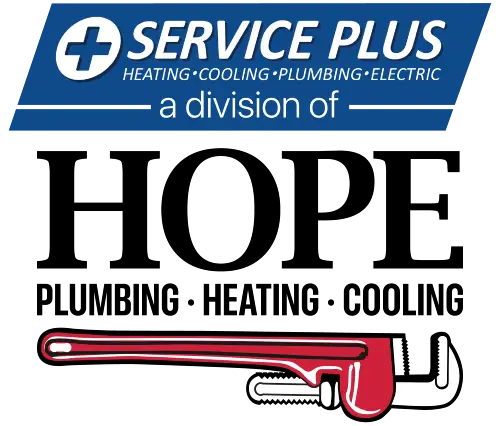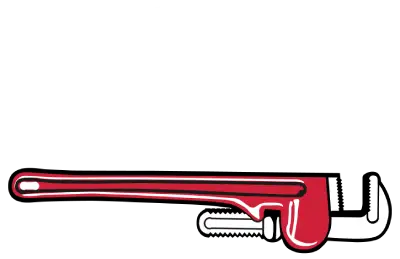When faced with a malfunctioning heating and cooling (HVAC) system, homeowners in Indianapolis and the surrounding areas often debate whether to repair their old unit or invest in a new one. Making a cost-effective decision requires considering factors such as repair history, age, energy efficiency, and potential savings. Let’s explore the factors that can help you determine whether repairing your old HVAC system or investing in a new one is the cheaper option.
Expert Insight: One of our experienced service technicians shares his professional insights, saying, “During my years of serving customers in this area, I’ve witnessed the impact of various HVAC issues. While repairs can be a viable solution in certain cases, it’s essential to consider the overall cost-effectiveness. This includes evaluating repair history, energy efficiency, and potential savings in the long run.”
Assessing Repair History and Age: If your heating and cooling system frequently requires repairs, it may be nearing the end of its lifespan. Older units are less reliable, resulting in higher repair costs over time. If repair costs approach or exceed 50% of a new system’s price, investing in a replacement may be more cost-effective. Additionally, HVAC systems typically last 10 – 15 years, so a new, energy-efficient system may be the better option if your unit is approaching this range.
Considering Energy Efficiency and Cost Savings: Older heating and cooling systems are less energy-efficient, leading to higher utility bills. Upgrading to a new unit can result in significant energy savings and lower monthly expenses. Modern systems have advanced features like programmable thermostats and zoned cooling, optimizing efficiency and reducing wasted energy. Taking advantage of available incentives and rebates for energy-efficient models can further offset the initial investment, making a new system even more cost-effective.
Incentives and Long-Term Benefits: When investing in a new HVAC system, consider the available incentives and rebates provided by utility companies and government agencies. These financial incentives can reduce the upfront costs and improve the overall cost-effectiveness of a new unit. New systems often come with warranties, providing protection against unexpected repair expenses. Improved indoor air quality, thanks to advanced filtration systems, is another long-term benefit worth considering.
Conclusion: Repairing or replacing an HVAC system requires careful consideration of factors such as repair history, age, energy efficiency, and long-term cost savings. Service Plus, as a trusted HVAC expert, is ready to assist homeowners in making an informed decision that aligns with their comfort needs and budget. Contact us today at [csad_phone] to schedule a consultation and ensure optimal comfort and cost savings for your Indianapolis area home.
 Skip to content
Skip to content


